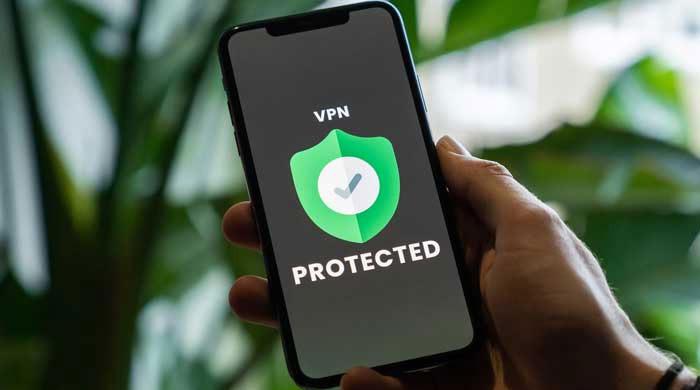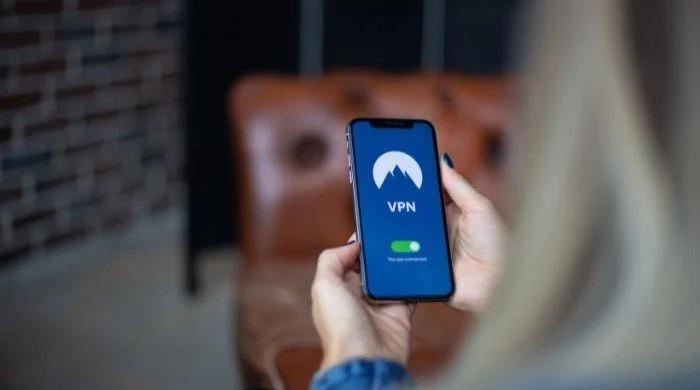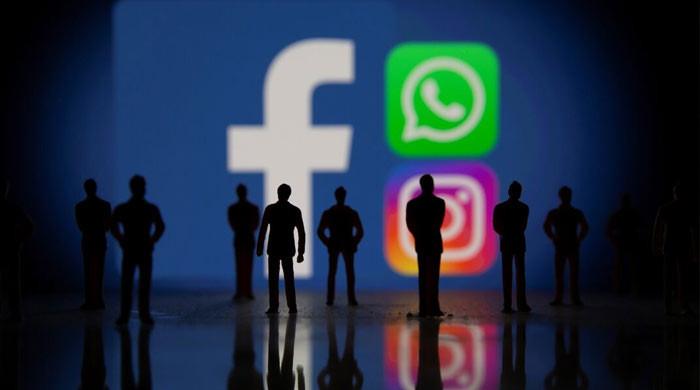Social media influencers share information without fact-checking: Unesco
Report from UN's agency suggests two-thirds of influencers fail to check accuracy of their material, spreading misinformation
November 28, 2024

UNITED NATIONS: Social media influencers need urgent help to check their facts before they broadcast to their followers, in order to reduce the spread of misinformation online, United Nations' Educational, Scientific and Cultural Organisation (Unesco) warned.
According to a report by Unesco, two-thirds of content creators fail to check the accuracy of their material, making them and their followers vulnerable to misinformation.
The findings come at a critical moment when social media influencers have become primary sources of news and cultural information for global audiences, yet 62% lack basic fact-checking practices.
“Digital content creators have acquired an important place in the information ecosystem, engaging millions of people with cultural, social or political news. But many are struggling in the face of disinformation and online hate speech and calling for more training,” Unesco Director-General Audrey Azoulay, said in a statement on Wednesday.
Unesco's "behind the screens" survey, conducted with expertise from Bowling Green State University in the USA, examined 500 influencers across 45 countries, exposing critical gaps in content verification practices.
The study found that 63% of influencers lack rigorous fact-checking protocols, despite their significant impact on public discourse.
The survey uncovered trends in how creators assess information credibility including 42% who use social media metrics like "likes and shares" as primary credibility markers, while 21% of respondents share content based solely on "trust in friends" who shared it.
Traditional news media, despite its expertise, ranks low as a resource, with only 36.9% of creators utilising mainstream journalism for verification.
The digital rights landscape presented another challenge.
Nearly 60% of creators operate without understanding basic regulatory frameworks and international standards, leaving them vulnerable to legal risks and online harassment.
While one-third report experiencing hate speech, only 20.4% know how to properly report these incidents to platforms.
Responding to these challenges, Unesco and the Knight Centre for Journalism in the Americas (USA) partnered to develop the first ever-global training course for digital content creators, it was pointed out.
The innovative four-week programme has already drawn over 9,000 participants from 160 countries, offering comprehensive training in source verification, fact-checking methodology and collaboration with traditional media outlets.
With 73% of creators actively seeking such training, the initiative builds upon Unesco's broader strategy to combat digital misinformation, following their 2023 Guidelines for The Governance of Digital Platforms.
By maintaining engagement with course participants after completion, Unesco aims to foster a community of responsible digital communicators who prioritise information integrity.











